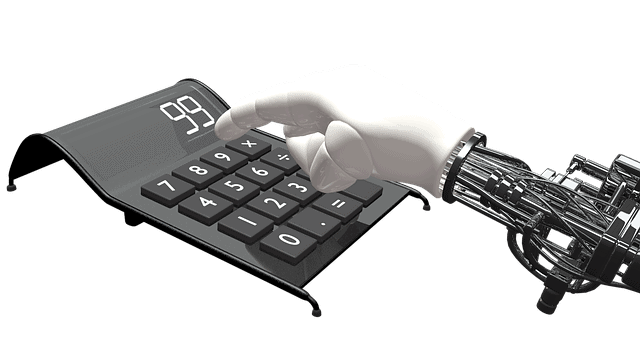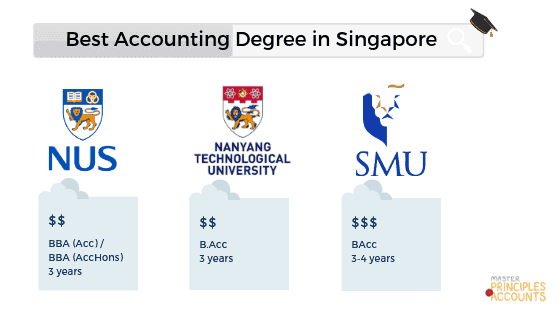AI Bookkeeping: The Future of Accounting for Finance Professional
In 2020, the global revenue for the artificial intelligence (AI) market for software, hardware, and services segments grew to 281.4 billion U.S. dollars. The AI market is expected to grow to 327.5 billion U.S. dollars.
Just as AI is slated to touch every sector, accounting is a function that is already leveraged by sector. Hence, it’s even more important for accounting professionals to stay ahead of the curve and understand the impact that AI bookkeeping will have on the careers of finance professionals.
Fight the Fear of AI
Today, the very mention of AI sends shivers down the spines of millions of professionals in the workforce. The pandemic has proved that job displacement is very real, and it can happen to just anyone.
Fact: AI is here to stay. In the context of accounting, AI bookkeeping is here to stay.
In this scenario, professionals should be open-minded and explore how they can leverage AI rather than aim to compete with it.
Make AI Your Friend
AI is helping automate millions of processes that consume time and manual efforts. It is bringing in intelligence to solve problems that can sometimes miss the human eye.
For instance, AI has the ability to seek out patterns that could detect potential fraud.
Now imagine the things you could accomplish in the same time it would take to manually detect irregular bookkeeping patterns?
A survey conducted by PWC revealed that 86% of business leaders shared that AI will become a mainstream technology in 2021 in their company.
So, change is coming. The key is for finance professionals in the accounting function to embrace their understanding of AI and strategically leverage it to grow and conquer.
The use of AI accounting automation isn’t limited to global enterprises: Some modern firms offer AI bookkeeping and accounting services that benefit businesses of all sizes.
Read on to understand what the growth of AI signifies for the future of business finances.
Getting Started
A big obstacle is a resistance to embrace new technology. Once the psychological obstacle is overcome, it’s time to invest time in learning.
If you work for a business, it’s important to have a conversation with your HR and tech teams and explore how AI will be integrated into your company’s tech stack.
If you work independently, you may need to invest in taking new courses that prepare professionals for the AI bookkeeping revolution.
Embracing AI Bookkeeping
The first thing to understand is the value that AI bookkeeping brings to this function, how it can impact the texture of work, and a company’s bottom line.
There are several ways it adds value to work outcomes. For instance, traditional bookkeeping demands certain core tasks such as manual data entry. When performed by humans, it is a slow process and also prone to errors. By leveraging AI, your smart device will complete the task while you leverage the output to make decisions with swiftness and accuracy.
Similarly AI, today is being leveraged to perform other repetitive tasks. These include matching data from scanned receipts and invoices, reviewing expense reports in context to company policy, and tracking price changes expenses such as vendor fees as well as subscriptions.
Core Benefits of AI Bookkeeping
Time is of the essence, and AI bookkeeping reduces the time windows that finance professionals will take to meet their deliverables. For example, monthly financial statements can be delivered earlier. Professionals can raise the bar on the quality of insights possible into a company’s financial data.
Besides speed and quality, accuracy is a major outcome.
Shifts to AI also bring in transparency and interconnectedness. New tech platforms enable access by multiple users in multiple geographies. This paves the way for data access, lack of data leakage, and instant analytics access from anywhere, anytime.
According to this report, embracing even one AI process can help businesses save costs and boost revenues.
Bringing the A-Game
By leveraging AI tools, finance professionals are prized to play a more strategic role in businesses they are associated with.
They can prioritize analyzing financial data. They can build and upgrade financial models much faster to stay relevant in a dynamic world. They can play a valuable role in making recommendations that impact core business decisions ranging from hiring and expansion to partnerships and raising capital.
Future of AI Bookkeeping
As the bookkeeping automation market grows, professionals must stay agile to these changes. Selecting the right platforms to grow the business is as much an important task for accounting professionals as learning how to use them.
Organizations around the world will always seek the decision-making abilities of accounting professions. Adopting AI bookkeeping creates space for professionals to grow in ways they could not imagine earlier.
As in other functions and sectors, AI bookkeeping tools will free up the human mind to do what is needed most: a strategic bent of mind, creative thinking, and planning.
About Author:

Bryan Kesler is a renowned CPA exam mentor and founder of CPA Exam Guide. He aims to provide affordable mentoring and tutoring solutions to smart accountants to pass the CPA exam. You can connect with Bryan on Linkedin and follow him on Twitter.








